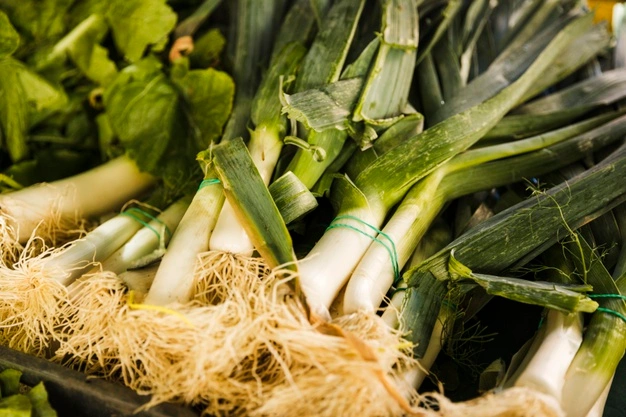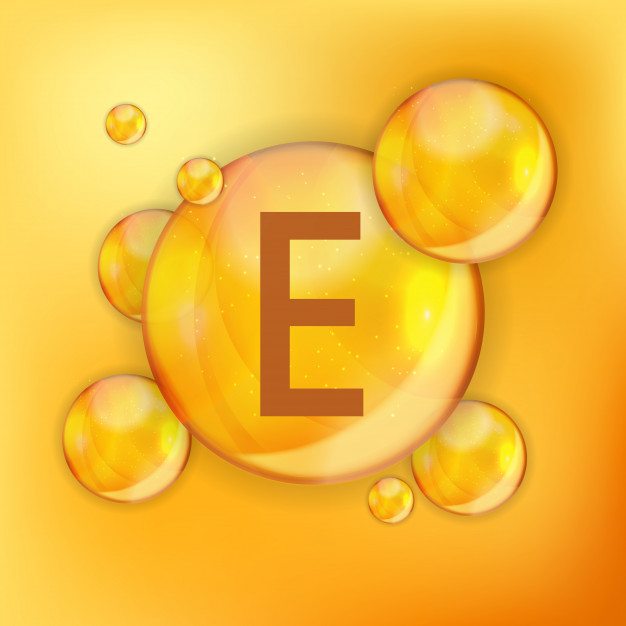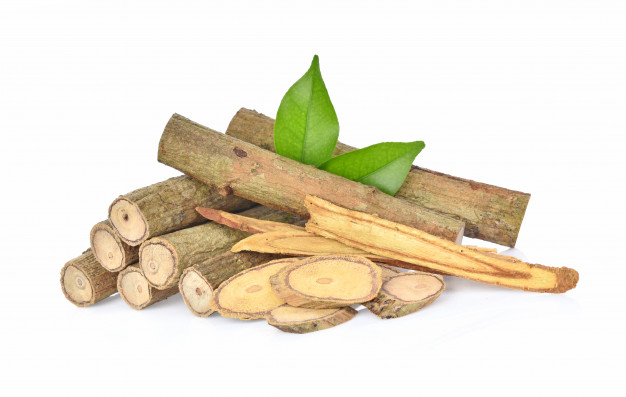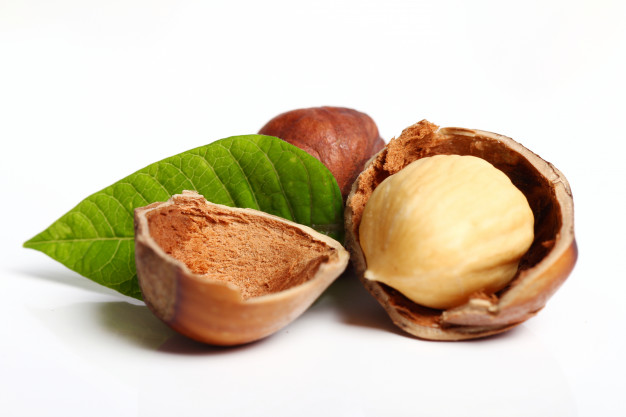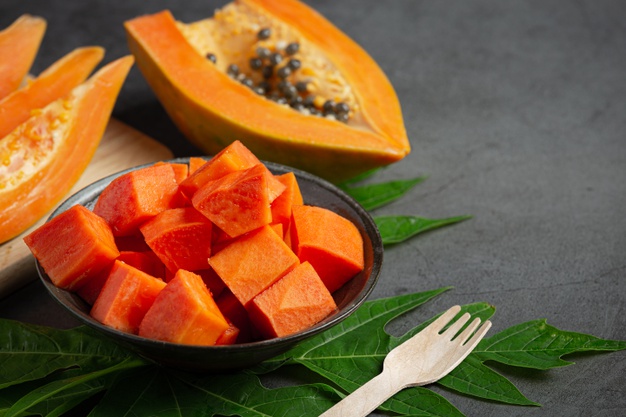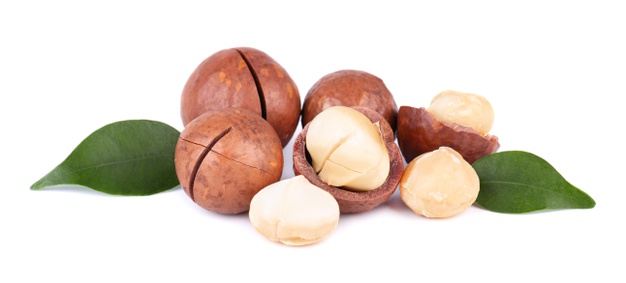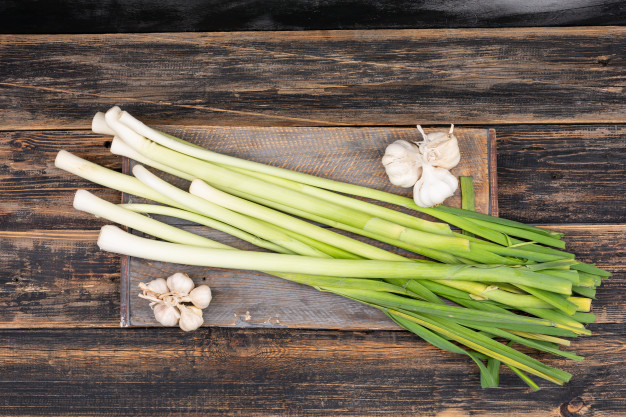Leek is a nutritious vegetable belongs to Allium genus. It has profound health benefits and should be consumed in regular diet for obtaining a disease free health.
Nutritional profile
- It contains fewer amounts of carbohydrate but desirable amount of fibre
- It contains too some extent of protein and fat
- It is rich in several micronutrients, which include Vitamin A, Vitamin C, Vitamin K, Vitamin B1, B2, B3, B5, B6, B9, iron, copper, sodium, potassium, calcium, zinc, manganese and magnesium
- It also contains various polyphenolic compounds that make it more health worthy
Biological activities
Antioxidant property
- Polyphenols of leek are responsible for exerting potent antioxidant activities
- It helps to decrease the concentration of free radicals within body hence reduces the prevalence of developing oxidative stress
- It also helps to protect every cell of the body from oxidative damages hence enhances their functionality
- Consumption of leek is very beneficial for decreasing the susceptibility of developing chronic diseases
Anti-inflammatory property
- Leek contains various bioactive compounds, which are accountable for exerting anti-inflammatory activities
- It helps to decrease the susceptibility of inflammation as well as swelling and pain by reducing the level of inflammatory markers within body
- It should be consumed for lessening the risk of developing chronic inflammatory diseases

Anti-carcinogenic property
- It plays imperative role in reducing the prevalence of developing cancers
- Allyl sulfide component of leek is responsible for inhibiting the growth of tumor cell
- It is closely related with suppressing the growth of malignant cells by regulating apoptosis and cellular proliferation
- It significantly reduces metastasis
- Its consumption is extremely effective for reducing the prevalence of colon, ovarian and breast cancers
Aphrodisiac property
- It has potent aphrodisiac activities
- Its consumption is very effective for stimulating libido as well as sexual desire in both genders
Balsamic property
- Leek juice contains numerous volatile oils, which are responsible for exerting balsamic action especially on respiratory tract
- It plays significant role on preventing the prevalence of cold, flu and hay fever
Diuretic property
- It has diuretic property, which is associated with increasing urination and hence helps to eliminate waste product from body
- It is enormously helpful for inhibiting the retention of excessive water and salt within body
- It is also associated with flushes out toxins from blood hence helps to make the body healthy


Health benefits
Role on vision
- It contains zeaxanthin and lutein, which play vital role in promoting eye sight
- It helps to filter out harmful light rays from entering into eyes
- It also helps to protect the eye from oxidative damages
- Its consumption is very effective for reducing the prevalence of age related macular degeneration and cataract
Role on digestive health
- It contains both soluble and insoluble fibre that promotes digestion
- Its fibre content is also responsible for promoting bowel movement that results in easy defecation hence helps in cleansing the bowel and prevents constipation
- It helps to strengthen stomach and gut and also promotes their functionality
- Consumption of leek is closely related with increasing the load of beneficial intestinal flora that improves colonic health
- It also helps to protect the gastrointestinal tract from oxidative damages thus reduces the susceptibility of developing gastrointestinal disorders
- It mainly helps to decrease the prevalence of diarrhoea, inflammatory bowel disease, ulcerative colitis and peptic ulcer
Role on weight management
- Individual who want to lose their body weight should include leek in their daily diet as it does not contain enough fat and provides very less amount of calorie
- It acts as an effective appetite suppressant, which helps to make an individual feel fuller for long period of time hence reduces food consumption that helps to facilitate weight reduction by generating a negative energy balance within body

Role on skeletal system
- Consumption of leek is extremely helpful for promoting skeletal health
- It contains Vitamin K that is responsible for activating osteocalcin. Osteocalcin is a protein, which plays vital role in promoting bone health
- Consumption of leek is very much beneficial for enhancing bone mass and bone mineral density that is associated with decreasing the risk of bone fractures and losses
Role on nervous system
- Phosphorus, magnesium and folate components of leek play imperative role in the growth and development of nervous system
- It helps to protect the nerve cells from oxidative and from inflammatory damages hence promotes their functionality
- It also helps to improve cognitive ability and memory
- It is better to consume leek for decreasing the risk of developing neurological disorders
Role on role on maternal health
- Consumption of leek during gestation is extremely helpful as it contains significant amount of folate
- It is also associated with producing new DNA, which is essentially required for synthesizing new cells
- It helps to promote the growth and development of the nervous system of fetus
- It is better to consume leek for decreasing the prevalence of neural tube defect and congenital anomalies

Role on skin
- It helps to promote skin health
- Its antioxidant activities are responsible for protecting the skin from oxidative damages
- It also helps to detoxify the skin
- It also acts as an effective cleanser agent for skin
- It helps to protect the skin from the harmful effect of UV radiation
- It also helps to prevent ageing
- It helps to enhance skin elasticity as well, as it contains Vitamin C that helps in collagen synthesis
Role on hair
- Iron, magnesium, Vitamin C and folic acid contents of leek are accountable for stimulating hair growth
- It also helps to enhance the growth of hair follicle
- It significantly reduces hair loss
Therapeutic advantages
- It has seen that high blood homocysteine level is associated with increasing the risk of cardio vascular diseases. Leek contains an important bioactive compound named 5-methyltetrahydrofolate, which helps in reducing the concentration of homocysteine in blood hence reduces the prevalence of cardio vascular diseases
- It also helps to decrease blood cholesterol concentration hence its consumption is very effective for maintaining a healthy lipid profile and it also helps to reduce the susceptibility of developing atherosclerosis by inhibiting fat deposition within blood vessels
- Kaempherol is an important flavonoid found in leek plays significant role in protecting the blood vessels from free radical induced oxidative damages and promotes their functionality hence improves blood circulation
- It also helps to stimulate the synthesis of nitric oxide, which helps in vasodilatation thus reduces the prevalence of hypertension
- It acts as an effective preventive measure for anaemia
- Allicin content of leek is accountable for preventing the risk of developing metabolic syndrome
- It helps to reduce the concentration of sugar in blood by inhibiting the activity of alpha amylase, which helps to decrease the rate of carbohydrate breakdown hence reduces postprandial glucose spike
- It also helps to decrease the prevalence of diabetic neuropathy

General consideration of using leek
- It can be consumed with salads
- Leek juice can be prepared from its bulb, stalk and leaves for consumption
- Leek can also be used for preparing soup, sauces, broths, pottages and omelettes
- The stalk of the leek can be used with other vegetables for stir frying

Source:
Bernaert, N., 2013. Bioactive compounds in leek (Allium ampeloprasum var. porrum): analysis as a function of the genetic diversity, harvest time and processing techniques (Doctoral dissertation, Ghent University).
Bernaert, N., De Paepe, D., Bouten, C., De Clercq, H., Stewart, D., Van Bockstaele, E., De Loose, M. and Van Droogenbroeck, B., 2012. Antioxidant capacity, total phenolic and ascorbate content as a function of the genetic diversity of leek (Allium ampeloprasum var. porrum). Food chemistry, 134(2), pp.669-677.
García-Herrera, P., Morales, P., Fernández-Ruiz, V., Sánchez-Mata, M.C., Cámara, M., Carvalho, A.M., Ferreira, I.C., Pardo-de-Santayana, M., Molina, M. and Tardío, J., 2014. Nutrients, phytochemicals and antioxidant activity in wild populations of Allium ampeloprasum L., a valuable underutilized vegetable. Food research international, 62, pp.272-279.
Golubkina, N.A., Seredin, T.M., Antoshkina, M.S., Kosheleva, O.V., Teliban, G.C. and Caruso, G., 2018. Yield, quality, antioxidants and elemental composition of new leek cultivars under organic or conventional systems in a greenhouse. Horticulturae, 4(4), p.39.
Margareta, A., 2017. RESEARCH AND DEVELOPMENT FINAL PROJECT LEEKS POWDER (Utilization of Leeks in a Powder Form as a Healthy Condiments for Cooking) (Doctoral dissertation, OTTIMMO INTERNATIONAL MASTERGOURMET ACADEMY).
Petropoulos, S.A., Di Gioia, F., Polyzos, N. and Tzortzakis, N., 2020. Natural antioxidants, health effects and bioactive properties of wild Allium species. Current Pharmaceutical Design, 26(16), pp.1816-1837.
Shelke, P.A., Rafiq, S.M., Bhavesh, C., Rafiq, S.I., Swapnil, P. and Mushtaq, R., 2020. Leek (Allium ampeloprasum L.). In Antioxidants in Vegetables and Nuts-Properties and Health Benefits (pp. 309-331). Springer, Singapore
